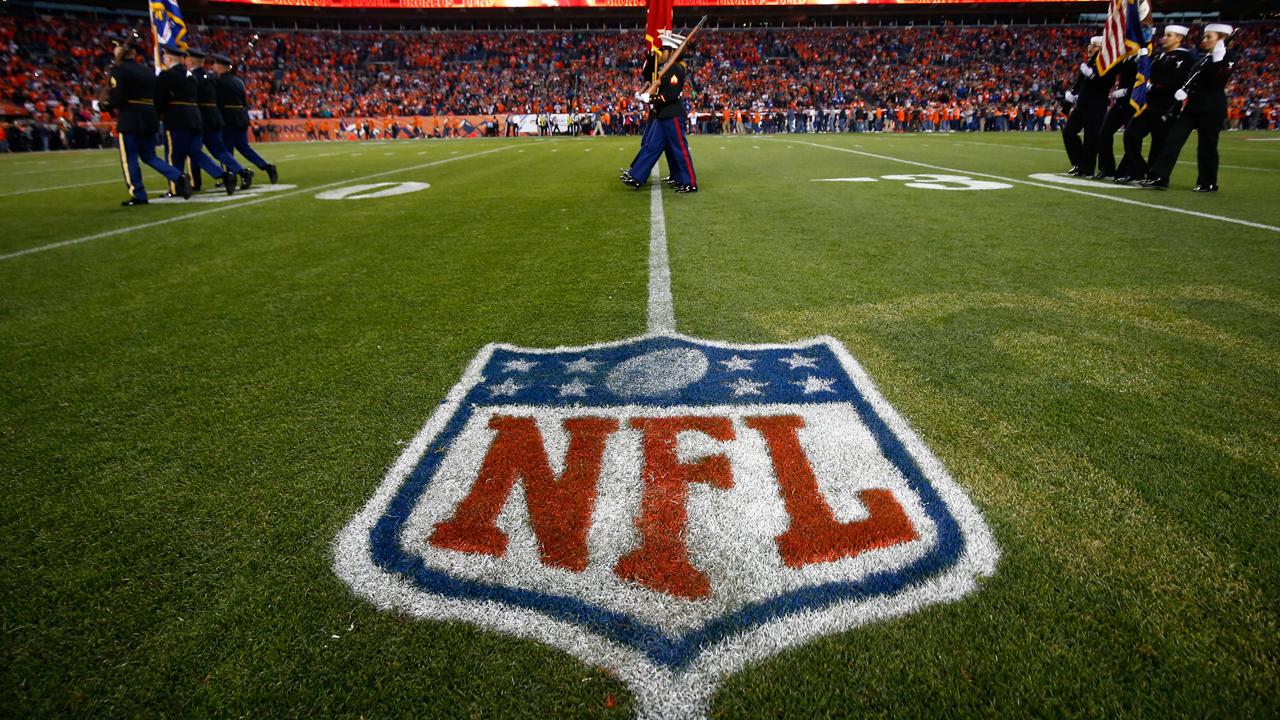NBA players, pro athletes face mounting tax bills
NBA franchises will find out on Tuesday which teams will get the first pick of top players in the upcoming draft – and a number of future pros, including Duke phenom Zion Williamson, could essentially find out what city they are headed to.
While the NBA lottery will be held Tuesday, the actual draft is scheduled to take place later this year. But before future – or current – players sign any new contracts, they might want to consult a financial expert about minimizing their tax liabilities under the new tax law.
“Every cloud has a silver lining in some respects – I’m not going to sugarcoat this one, though. The tax law that was passed … specifically for athletes was, in my view, incredibly unfavorable,” Marc Minker, lead managing director at accounting provider and consulting firm CBIZ MHM, told FOX Business.
Despite the fact that the top tax rate was reduced to 37 percent under the Tax Cuts and Jobs Act, the loss of other important deductions results in a “net-net negative” for NBA players and other pro-athletes, Minker said.
The first downside? A cap on state and local tax deductions of $10,000. While this hurts a large proportion of higher-income people, especially those residents (and players) based in high-tax states like New York and New Jersey, athletes could be even worse off.
Athletes file taxes not only in their home state – but they are also subject to taxes in every state in which they play. Because they are exposed to taxes in more areas than average people, their SALT exposure is higher, which means they now pay more.
New York, Michigan and California are among the states where players can face both municipal and state income taxes on earnings, Minker added. There are NBA franchises located in more than 20 states.
The other big issue is the loss of itemized deductions. As a result of this modification, professional athletes can no longer deduct things like commission or agency fees.
With the loss of all of these deductions, Minker said tax liabilities are either the same or higher than what athletes paid in the past – despite the reduction in the top rate.
According to an analysis by Bloomberg Tax, Golden State Warriors superstar Steph Curry could take home about $17.2 million in net salary – out of his $37.5 million gross salary during the 2018-2019 season. Curry will pay $13.9 million in federal income taxes, $5 million in state taxes to California and $945,000 in "jock taxes" – the tax athletes pay when they play (and earn income) in a new city.
Compare that to Chris Paul, who plays for the Houston Rockets. Paul will pay $13.2 million in federal income taxes from his $35.7 million gross salary, but Texas charges no state income tax. His jock tax liabilities could be about $1.3 million, leaving him with a higher net salary than Curry – $21.1 million.
CLICK HERE TO GET THE FOX BUSINESS APP
It’s not just pro athletes feeling the pain. Entertainers also face similar consequences as a result of the tax changes.
However, Minker, who counts some professional athletes as clients, said there are a number of ways players can minimize their liabilities – including changing the location of their primary residence or setting up a corporation for their business endeavors. However, many of those just entering the league tend to overlook, or be unaware of, the different issues that could impact their finances, he said.
Overall, Minker expects that adjustments will be made to account for the tax law-inflicted losses, like raising contract values. But for now, some players might be locked into contracts and stuck with some extra tax pain.




















